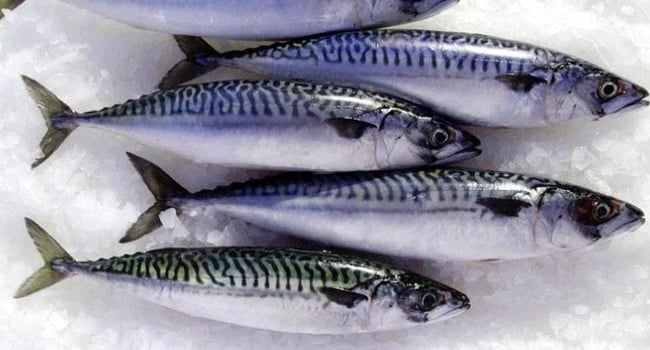The Importance of Omega-3 for Human Health
Omega-3 is an essential group of fatty acids that our bodies cannot produce, hence the necessity of dietary supplementation. The growing awareness of health has led many to recognize the benefits of consuming foods rich in Omega-3.
These fatty acids are not just essential components of cell membranes but also serve as important sources of energy. Omega-3 helps maintain the stable functioning of multiple organs in the body, including the heart, blood vessels, lungs, immune system, and endocrine system. Overall, supplementing Omega-3 through fish, chia seeds, or vegetable oils can bring about significant benefits to one’s overall health.
By incorporating an adequate amount of Omega-3 into your daily diet, you can significantly reduce the risk of cardiovascular diseases, improve sleep quality, enhance your skin’s health, support brain development, boost eyesight, and even lower the chances of developing certain cancers. Abundant sources of Omega-3 can be found in various foods, including fatty fish like salmon and tuna, flaxseeds, chia seeds, walnuts, and soybeans. Including these foods in your meals will not only grant you essential health benefits but also enrich your daily diet.

Abundant sources of Omega-3 are found in fatty fish, flaxseeds, chia seeds, walnuts, and soybeans.
Mackerel: An Affordable, Omega-3-Rich Fish
Many often assume that salmon is the richest source of Omega-3, but there’s a more outstanding contender: mackerel. Just 100g of mackerel provides consumers with approximately 5,134mg of Omega-3, while salmon offers only around 2,260mg for the same weight.
Mackerel is not only readily available in the market at affordable prices, but it also boasts tender meat packed with nutrition. It is an excellent source of unsaturated fatty acids, particularly EPA and DHA, with higher concentrations than many other fatty fish.
According to Taiwanese nutritionist Li Wan Ping, 100g of salmon contains roughly 1,614mg of DHA, while mackerel provides a substantial 4,503mg for the same amount, nearly three times as much.
Additionally, mackerel is rich in vitamins B and D, minerals, protein, and other nutrients. Compared to larger fish like salmon or swordfish, mackerel is smaller in size, which means it has lower heavy metal content, giving consumers peace of mind when eating this type of fish.

Mackerel is rich in vitamins B, D, minerals, protein, and other essential nutrients.
The Benefits of Eating Mackerel
Mackerel, with its abundant nutritional profile, offers numerous prominent health benefits that you shouldn’t overlook.
1. Bone Health
Mackerel is an excellent source of vitamin D, which plays a crucial role in reducing the risk of bone fractures. Additionally, the calcium content in mackerel contributes to stronger bones. Including mackerel in your daily menu will support and maintain healthy bones.
2. Heart Health
Uncontrolled blood pressure can increase the risk of heart disease. Mackerel, with its unsaturated fatty acids, effectively helps regulate blood pressure. Moreover, the nutrients found in mackerel improve blood circulation, benefiting the cardiovascular system.

Mackerel’s unsaturated fatty acids help regulate blood pressure, benefiting heart health.
3. Anemia Prevention
Mackerel is also rich in iron, vitamin B12, and folate—all essential in preventing anemia. Anemia can cause uncomfortable symptoms like fatigue, dizziness, and vision problems, and if left untreated, it can lead to severe complications.
Consuming mackerel also helps lower the risk of type 2 diabetes, improves memory in older adults, and promotes healthy skin.





































